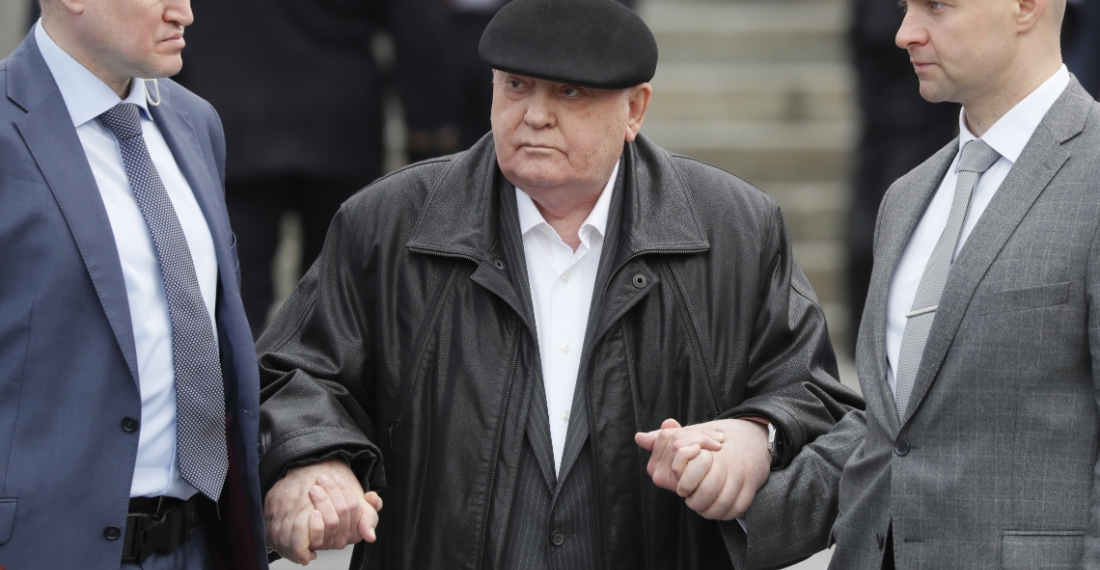Former Soviet leader Mikhail Gorbachev hopes that relations between Russia and the European Union (EU) will improve. In an interview with the Russian news agency Interfax the Nobel Peace Prize winner said negotiations at the highest level were necessary to reduce tensions between Brussels and Moscow.
"One must not be afraid of negotiations. Only negotiations, only meetings on all levels, especially the high one, can yield positive results. I believe in this. And experience clearly supports it," Gorbachev said.
"You have to understand that we are all Europeans," Gorbachev told Interfax, which interviewed him because of his 90th birthday next Tuesday. "That means we have to negotiate."
Relations between Russia and the EU have deteriorated in recent years, partly because of Moscow's support for separatists in Ukraine, and Russia's annexation of Crimea. Recently, tensions have risen with the arrest and conviction of Russian activist Aleksej Navalny.
In addition to starting new negotiations with Brussels, Vladimir Putin must also arrange a personal meeting with the new American president Joe Biden. Both should agree on a meeting to discuss disarmament and international security, according to Gorbachev.
"Today, preventing nuclear war is the most important thing," Gorbachev said. "To make progress, you have to approach each other openly."
Gorbachev does not appear in public very often any more. As the last leader of the Soviet Union, he carried out big reforms in the 1980s that led to the end of the Cold War and to the exclusive rule of the Communist Party in his country.






